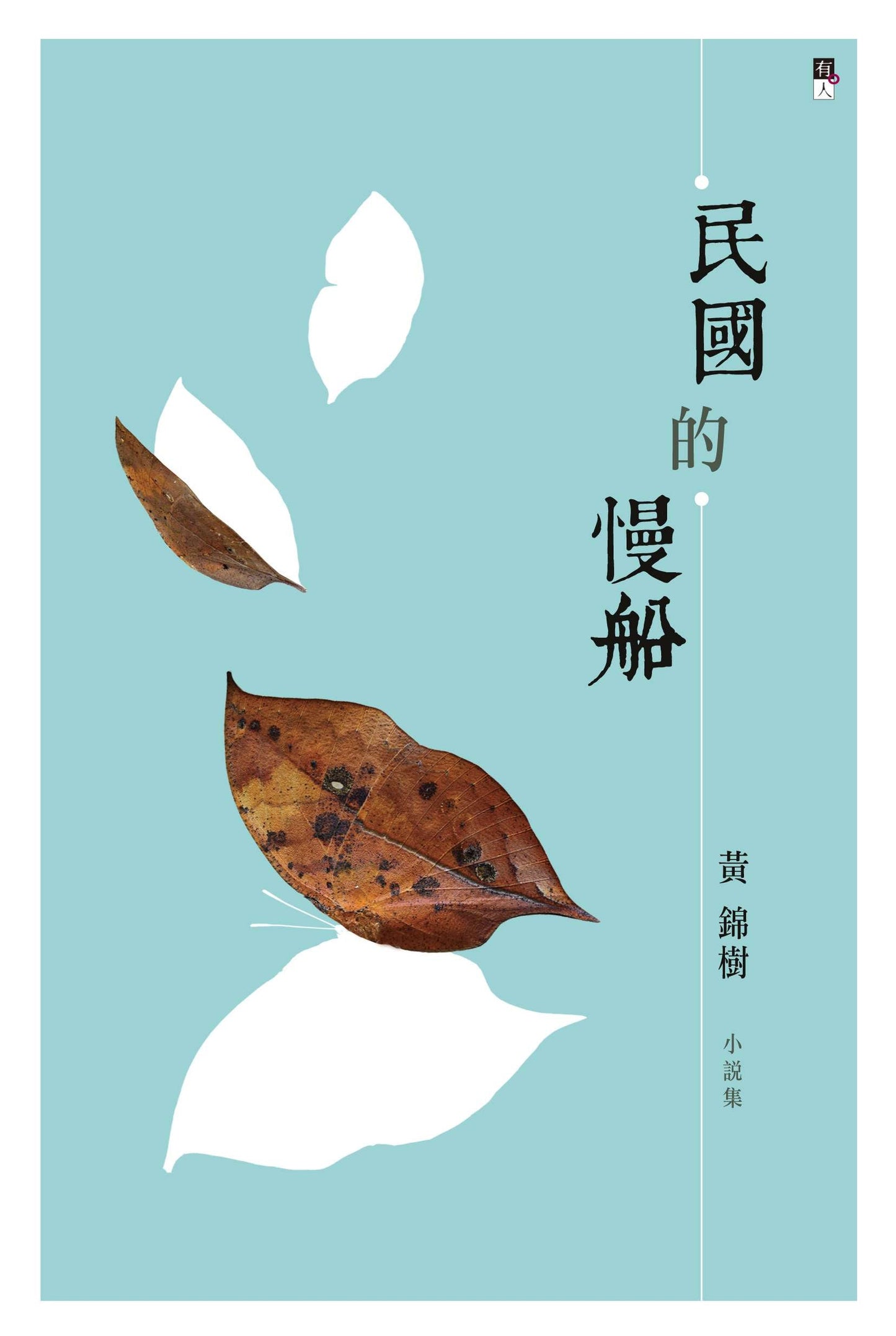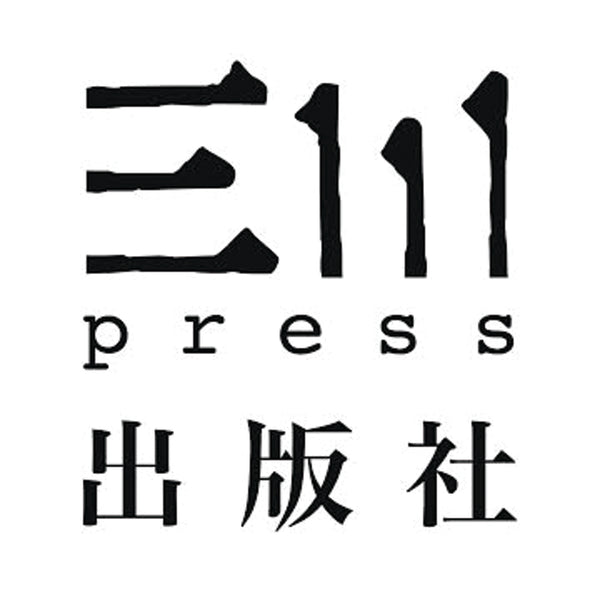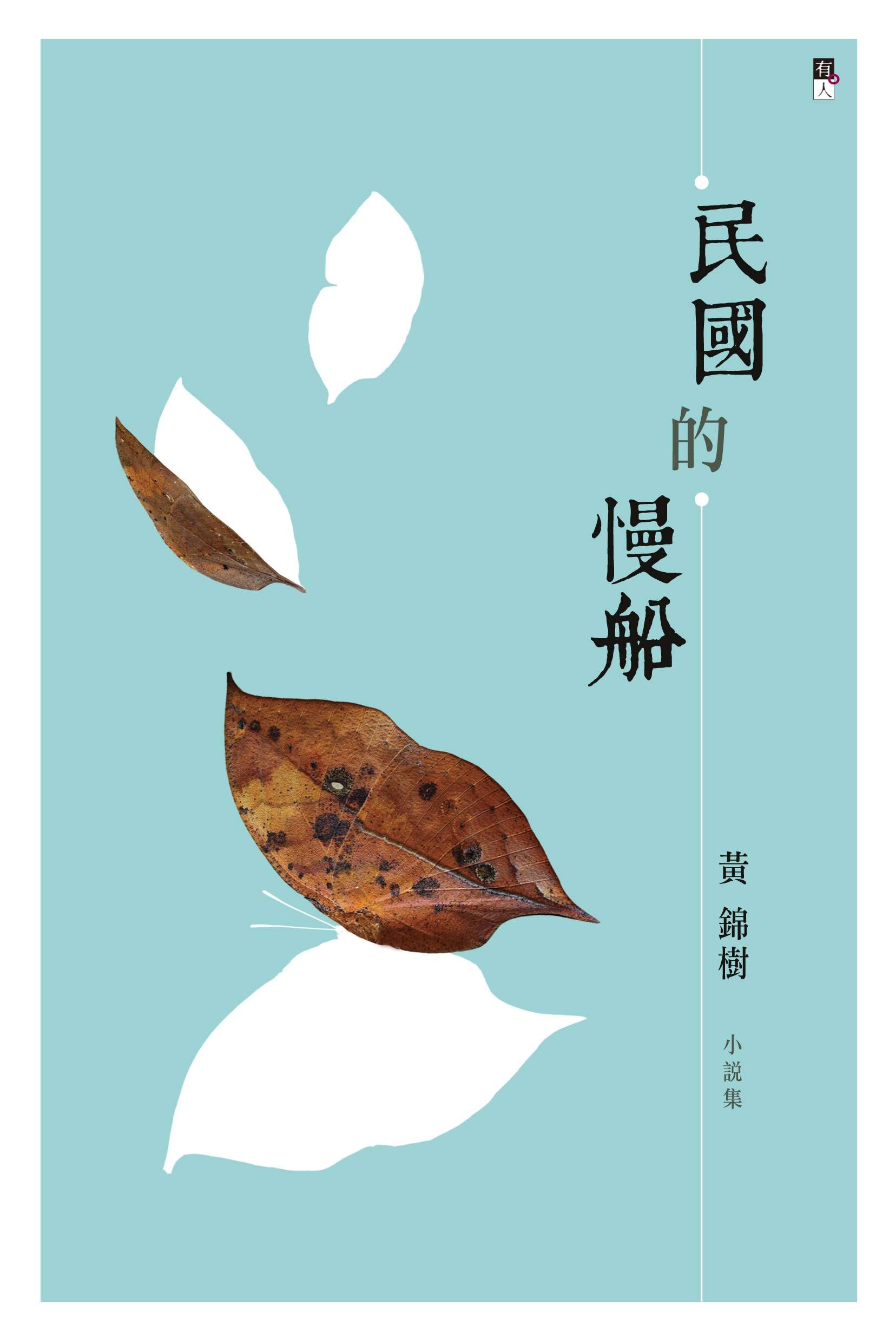Slow Boat of the Republic of China
Slow Boat of the Republic of China
5 in stock
Couldn't load pickup availability
ISBN/EAN: 9789670744551
出版日期: 2019-06-01
页数: 254页
语言: Traditional Chinese
Novels can express aspirations, but they can also depress them. The eleven stories in this book are mostly pessimistic and melancholic, making them disheartening to read. But in Huang Jinshu's hands, this kind of despair, turned from the depths of his heart, becomes more like a plaything. You have to immerse yourself in it to emerge. He must have a deep accumulation and investment to summon the Malayan Communist Party deep in the rubber plantations, the betel nut beauties amid the Mambo waves of Taiwan, and those hilarious "poet writers."
In this context, "novels" are more like Huang Jinshu's cherished playthings, a means of "losing one's ambition," a form of self-expression that is, in fact, another form of expression, a deeper one. He responded to the various tragic and bizarre conditions in Malaysia and Taiwan—hope and despair, emotion and dejection—in "Slow Boat of the Republic of China." One is where he was born and raised, the other where he studied and settled. Someone, at some unknown time, simply because he happened to be there, forced something upon him. He shook his head in protest, but never let go.
Huang Jinshu:
"The situation in Taiwan is dismal, and the history of the Republic of China has clearly entered a period of retreat. Therefore, the book's initial title was 'The Slow Boat Leaving the Republic of China'; but the environment in Malaysia also seems unfriendly, so the title was briefly considered 'The Slow Boat Sailing to the Republic of China'. However, the Republic of China ship is largely sunk in the past, with perhaps only the raised stern still barely dry. With its vector removed, the old, wrecked ship is left alone, drifting in the equatorial doldrums."
Huang Jinshu
Born in Malaysia in 1967, he is currently a university professor and the author of various novels and essays.
Born in Kluang, Johor, Malaysia in 1967, his ancestral home is Nan'an, Fujian. He went to Taiwan to study in 1986. He graduated from the Department of Chinese Language and Literature at National Taiwan University, received a Master's degree from the Tamkang Chinese Language and Literature Institute, and a PhD in Chinese Language and Literature from Tsinghua University. He has been teaching in the Department of Chinese Language and Literature at National Chi Nan University since 1996.
He has written collections of short stories including Dreams, Pigs and Dawn (Jiu Ge, 1994), Dark Night (Jiu Ge, 1997), Carved Back (Maitian, 2001), Earth and Fire (Maitian, 2005), Memorandum of the Nanyang People's Republic (Lian Jing, 2013), Still Seeing Fuyu (Maitian, 2014), Fish (Yin Ke, 2015), and Rain (Bao Ping, 2016); collections of essays including Malaysian Chinese Literature and Chineseness (Yuan Zun, 1998), The Craft of Lies and Truth (Maitian, 2003), Literature, Soul and Body (Maitian, 2006), The Malaysian Case of Chinese Mini-literature (Maitian, 2015), and the essay Burning (Maitian, 2016). He has edited The End of the World: A Selection of Malaysian Chinese Novels (Jiuge, 1997) and An Analogy (Shanghai Literature and Art, 2006); co-edited with Zhang Jinzhong, Don't Mention It Again: A Selection of Contemporary Malaysian Chinese Novels (1997-2003) (Maitian, 2004) and The Story Always Begins: A Selection of Contemporary Malaysian Chinese Novels (2004-2012) (Baoping, 2012); co-edited with Zhang Jinzhong and Zhuang Huaxing, Back to Malaya: Seventy Years of Chinese-Malaysian Novels (Dajiang, 2008); and co-edited with Zhang Jinzhong and Li Zongshun, The Years We Stayed in Taiwan (Youren, 2013).
That Year I Didn’t Return to Malaysia 5
Slow boat to Republic of China 11
Overseas Chinese in Taiwan murder case 31
Rain 61
He said he had met Lu Xun 89
On Writing (Letter from Mr. Lin) 111
Light breeze and drizzle 137
On Writing (Dealing with Widows) 159
On Writing (Micro-Terrorist Attacks) 181
On Writing (Song of Sad Malaya) 193
Butterfly Flying 205
Postscript 230
Appendix: Malaysian Chinese Literature Could Disappear at Any Time, and I Just Happened to Be in the Middle of It
Works Source 250
Share


